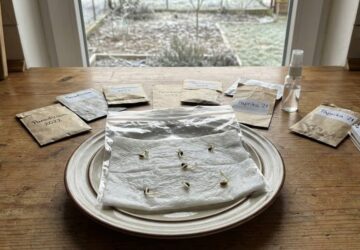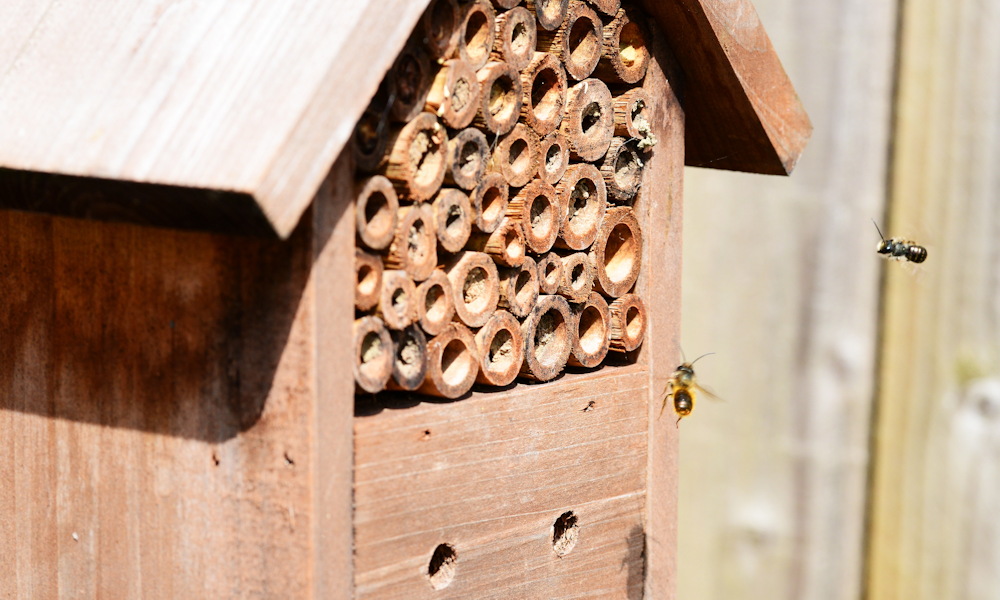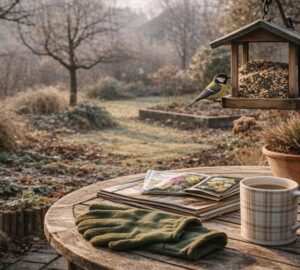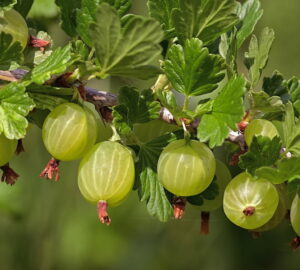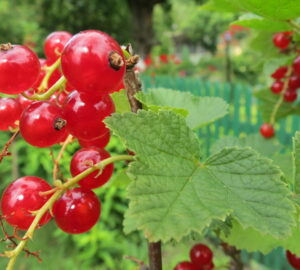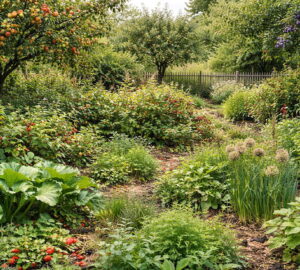In recent years, the concept of insect hotels has taken root in the hearts and gardens of eco-conscious individuals around the world. But what exactly are these miniature marvels, and why are they becoming so popular? Let’s explore the history, significance and practical tips for using insect hotels to invite beneficial insects into your garden.
The Origins of Insect Hotels
Insect hotels, also known as bug hotels, insect houses or bee hotels, have a rich history that traces back to traditional practices in Europe. Though pinpointing the exact origin or inventor is challenging, the modern form of insect hotels gained traction in the 1980s and 1990s as part of sustainable gardening and biodiversity conservation efforts. These structures mimic natural habitats, providing safe havens for various beneficial insects.
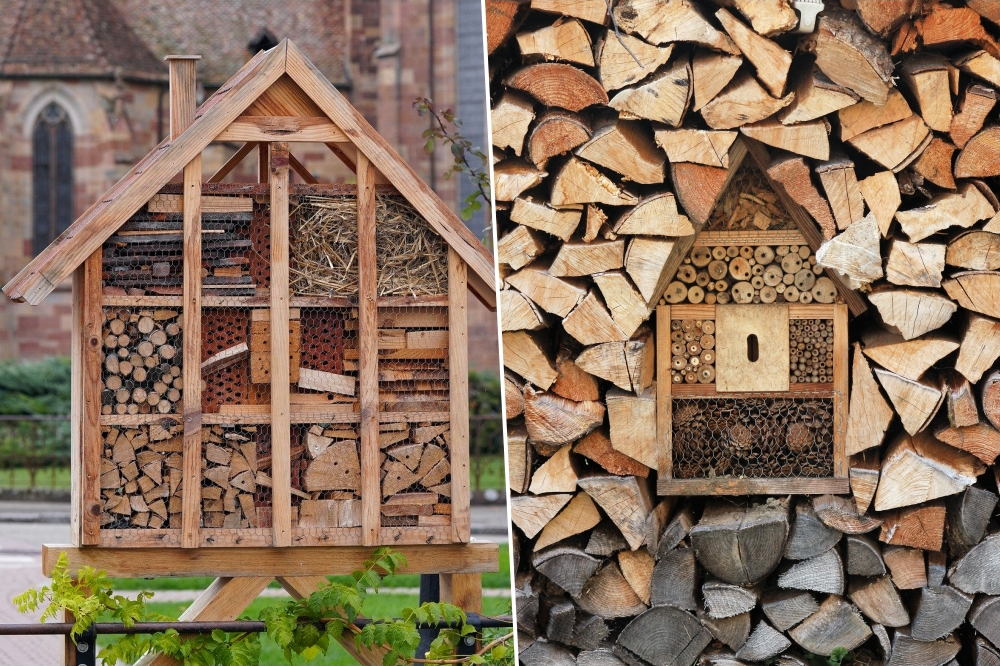
The growing awareness of insect hotels in recent years can be attributed to increased environmental consciousness and the pressing need to support declining insect populations. With pollinators like bees facing significant threats, insect hotels offer a practical and engaging way for individuals to contribute to conservation efforts right in their backyards.
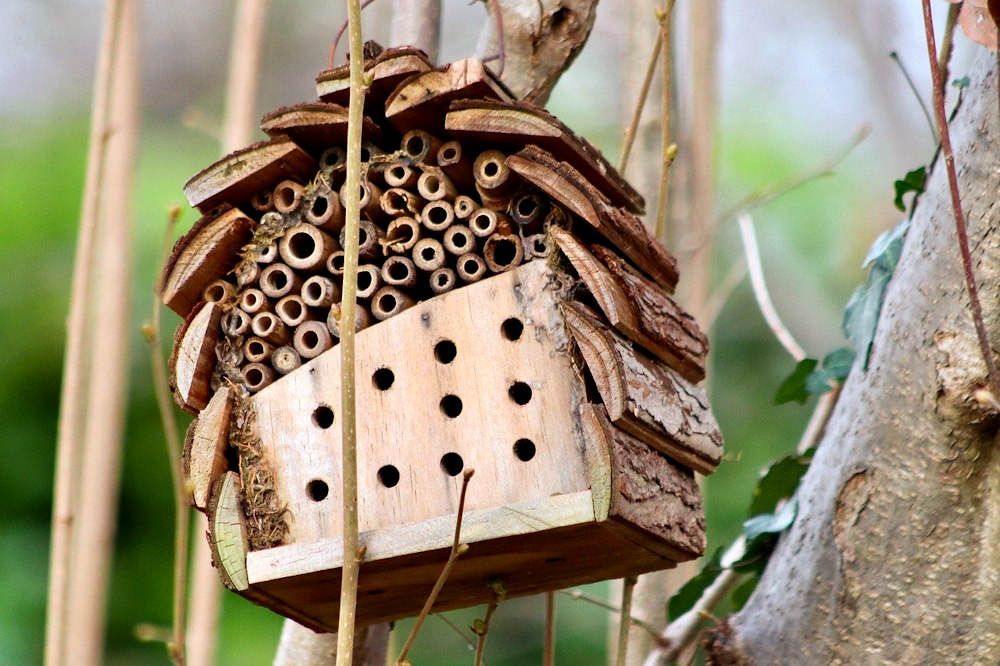
The Importance of Insect Hotels
Pollinator Support
Insect hotels play a crucial role in supporting pollinators such as solitary bees and butterflies. By providing nesting sites, these structures help maintain and boost local pollinator populations, which are essential for the pollination of many fruits, vegetables and flowers.
Biodiversity Enhancement
A healthy garden is one rich in biodiversity. Insect hotels attract a variety of beneficial insects, including ladybugs, lacewings and beetles. These insects contribute to a balanced ecosystem, helping control pest populations and promoting plant health.
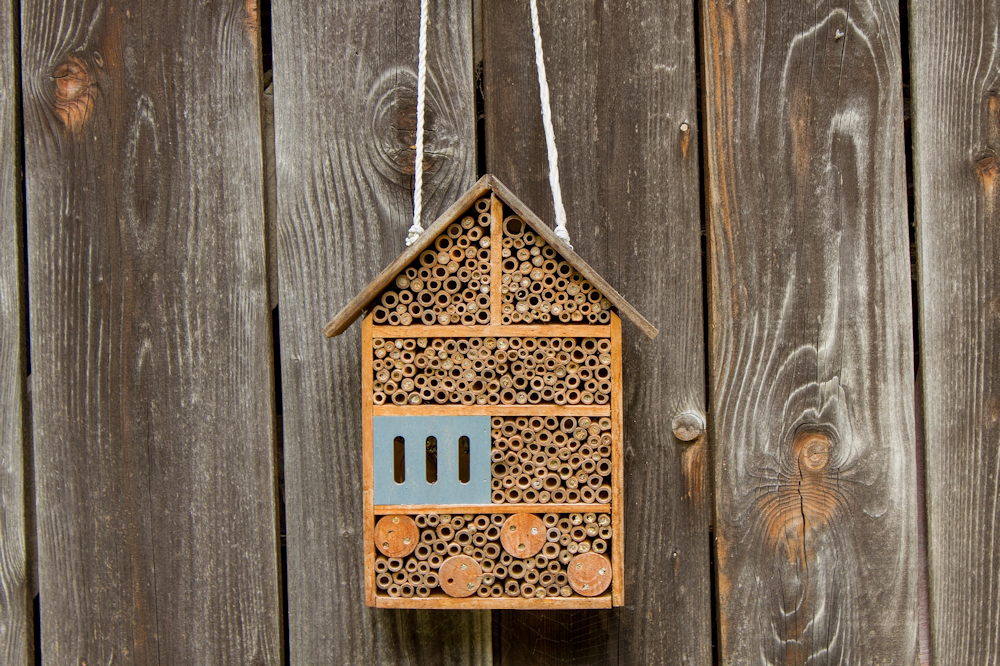
Natural Pest Control
Beneficial insects housed in these hotels, such as ladybugs and lacewings, are natural predators of common garden pests like aphids and mites. By inviting these helpful creatures into your garden, you reduce the need for chemical pesticides, promoting a healthier environment.
Climate Resilience
Insect hotels help insects adapt to changing environmental conditions. By providing sheltered nesting sites, they offer protection against extreme weather, ensuring that these vital species can continue their ecological roles despite climatic challenges.
Educational Opportunities
Insect hotels offer a unique educational tool for both children and adults. Observing the behavior and lifecycle of insects fosters a deeper understanding and appreciation of the natural world. It’s a hands-on way to learn about ecology and the importance of insect conservation.
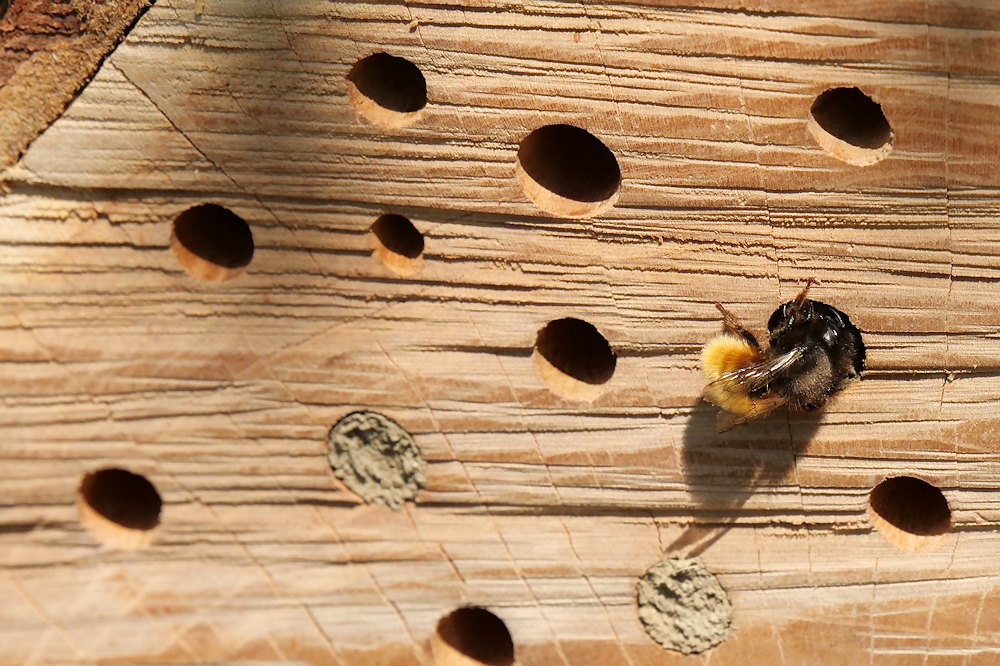
Tips for Choosing and Placing an Insect Hotel
Quality Matters
When selecting an insect hotel, opt for one made from natural, untreated materials such as wood, bamboo and straw. Avoid plastic or chemically treated wood, which can be harmful to insects.
Diverse Design
Choose a hotel with a variety of compartments and materials to cater to different insect species. Different insects have different nesting preferences, so diversity in design will attract a wider range of beneficial bugs.
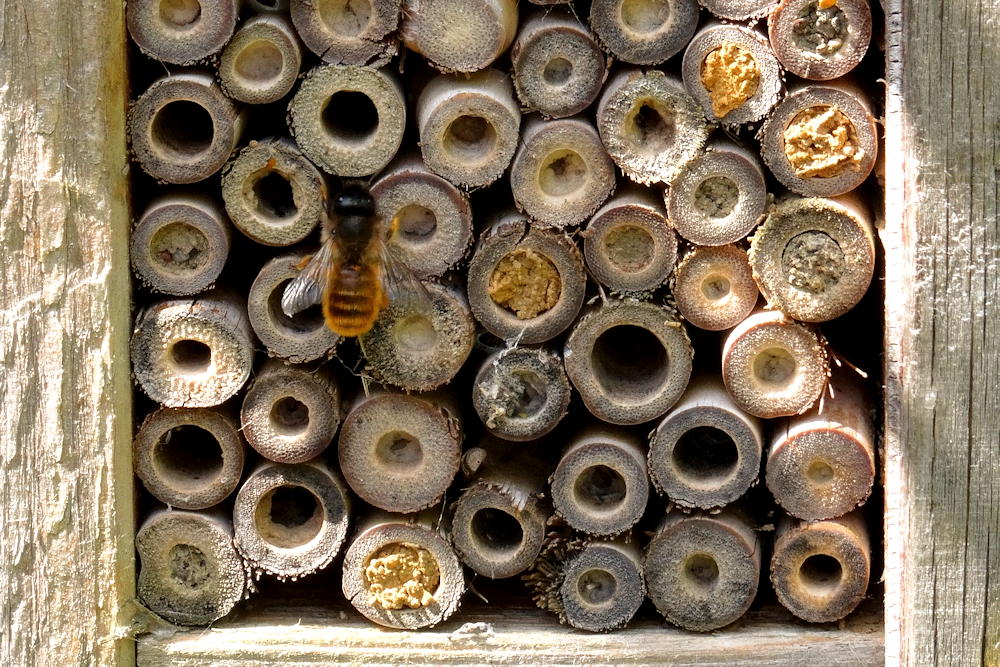
Optimal Placement
Place your insect hotel in a sunny, sheltered spot, ideally facing south or southeast. This ensures the hotel remains warm and dry, providing a comfortable environment for its inhabitants.
Height and Stability
Install the insect hotel at a height of about 90-180 cm (3-6 feet) off the ground. Ensure it is securely fixed to prevent it from tipping over or being damaged by strong winds.
Surrounding Flora
Position your insect hotel near a variety of plants, especially native flowers, herbs and shrubs that provide nectar and pollen. This proximity ensures that insects have easy access to food sources.
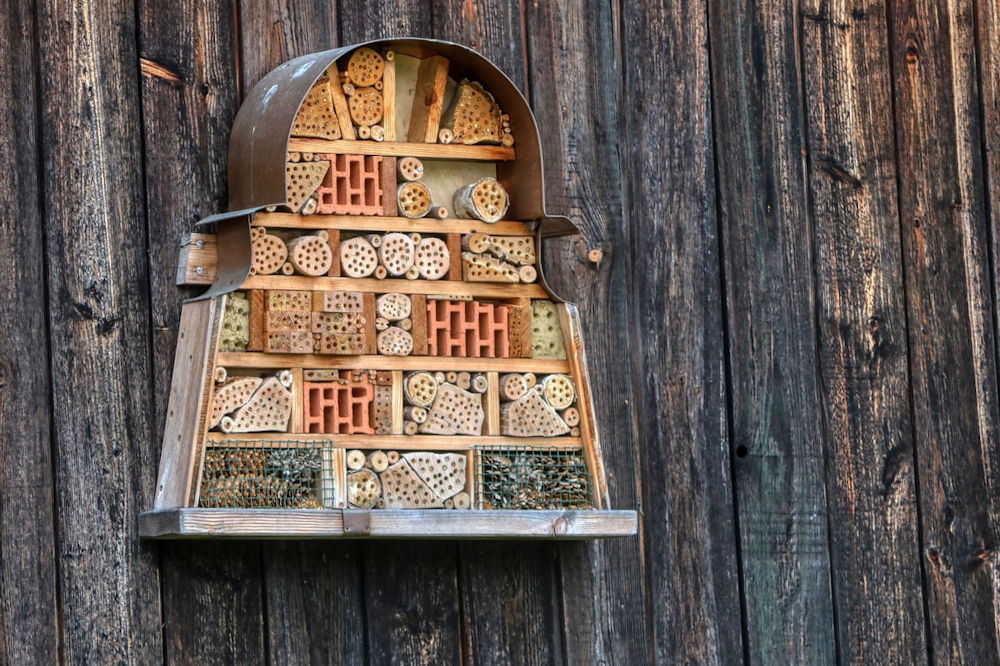
Beneficial Residents of Insect Hotels
Insect hotels are designed to attract a range of beneficial insects, each contributing uniquely to your garden’s ecosystem. Common residents include:
- Solitary Bees: Essential pollinators for many plants.
- Ladybugs: Voracious consumers of aphids and other pests.
- Lacewings: Predators of caterpillars and other garden pests.
- Beetles: Decomposers that break down organic matter, enriching the soil.
- Butterflies: Pollinators that add beauty and biodiversity to your garden.
Insect hotels are more than just a trendy gardening accessory; they are a tangible step towards fostering a healthier, more sustainable environment. By recognizing their importance and implementing practical tips, you can transform your garden into a haven for beneficial insects. Embrace the buzz and enjoy the vibrant, thriving ecosystem that an insect hotel can bring to your backyard.
